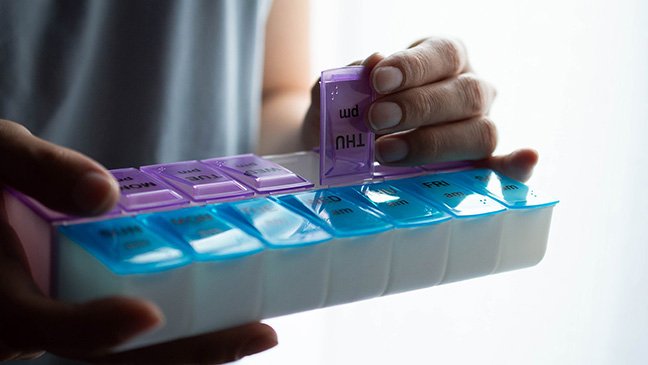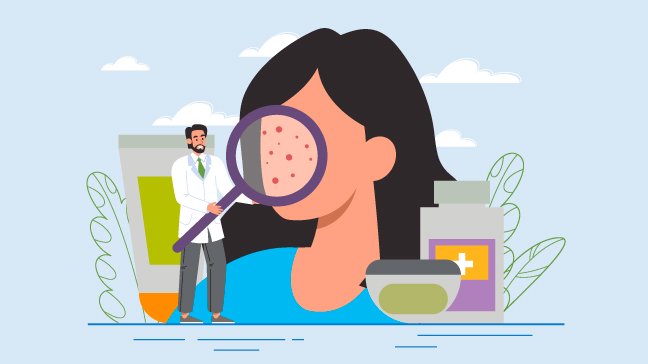- Diseases
- Acoustic Neuroma (16)
- Adrenal Gland Tumor (24)
- Anal Cancer (70)
- Anemia (2)
- Appendix Cancer (18)
- Bile Duct Cancer (26)
- Bladder Cancer (74)
- Brain Metastases (28)
- Brain Tumor (234)
- Breast Cancer (726)
- Breast Implant-Associated Anaplastic Large Cell Lymphoma (2)
- Cancer of Unknown Primary (4)
- Carcinoid Tumor (8)
- Cervical Cancer (164)
- Colon Cancer (168)
- Colorectal Cancer (118)
- Endocrine Tumor (4)
- Esophageal Cancer (44)
- Eye Cancer (36)
- Fallopian Tube Cancer (8)
- Germ Cell Tumor (4)
- Gestational Trophoblastic Disease (2)
- Head and Neck Cancer (14)
- Kidney Cancer (130)
- Leukemia (342)
- Liver Cancer (50)
- Lung Cancer (286)
- Lymphoma (278)
- Mesothelioma (14)
- Metastasis (30)
- Multiple Myeloma (100)
- Myelodysplastic Syndrome (60)
- Myeloproliferative Neoplasm (6)
- Neuroendocrine Tumors (16)
- Oral Cancer (102)
- Ovarian Cancer (178)
- Pancreatic Cancer (160)
- Parathyroid Disease (2)
- Penile Cancer (14)
- Pituitary Tumor (6)
- Prostate Cancer (150)
- Rectal Cancer (58)
- Renal Medullary Carcinoma (6)
- Salivary Gland Cancer (14)
- Sarcoma (238)
- Skin Cancer (300)
- Skull Base Tumors (56)
- Spinal Tumor (12)
- Stomach Cancer (66)
- Testicular Cancer (28)
- Throat Cancer (92)
- Thymoma (6)
- Thyroid Cancer (100)
- Tonsil Cancer (30)
- Uterine Cancer (86)
- Vaginal Cancer (18)
- Vulvar Cancer (22)
- Cancer Topic
- Adolescent and Young Adult Cancer Issues (22)
- Advance Care Planning (12)
- Biostatistics (2)
- Blood Donation (18)
- Bone Health (8)
- COVID-19 (360)
- Cancer Recurrence (120)
- Childhood Cancer Issues (120)
- Clinical Trials (628)
- Complementary Integrative Medicine (22)
- Cytogenetics (2)
- DNA Methylation (4)
- Diagnosis (238)
- Epigenetics (6)
- Fertility (62)
- Follow-up Guidelines (2)
- Health Disparities (14)
- Hereditary Cancer Syndromes (128)
- Immunology (18)
- Li-Fraumeni Syndrome (8)
- Mental Health (122)
- Molecular Diagnostics (8)
- Pain Management (62)
- Palliative Care (8)
- Pathology (10)
- Physical Therapy (18)
- Pregnancy (18)
- Prevention (936)
- Research (390)
- Second Opinion (78)
- Sexuality (16)
- Side Effects (616)
- Sleep Disorders (10)
- Stem Cell Transplantation Cellular Therapy (216)
- Support (408)
- Survivorship (328)
- Symptoms (182)
- Treatment (1788)
What are ultra-processed foods?
3 minute read | Published March 16, 2022
Medically Reviewed | Last reviewed by an MD Anderson Cancer Center medical professional on March 16, 2022
There’s a new term floating around the food world. It’s designed to help you identify the processed foods it’s OK to eat, and the ones to avoid.
It is ultra-processed foods. This is a category of packaged foods that have been through the most changes from their original state.
Ultra-processed foods generally contain additives, preservatives and other substances extracted from foods. They’ve been linked to cancer and heart disease, among other conditions.
We asked Lindsey Wohlford, our wellness dietitian, to tell us more.
What are ultra-processed foods?
Ultra-processed foods are packaged foods that have been made by food companies using many manufactured ingredients, rather than actual foods. Those ingredients are combined in some way to make something that is edible, but it in no way maintains the integrity or nutritional content of the original foods.
Ultra-processed foods are things like hot or cold packaged snacks, pre-packaged meals, sweets and sodas. They generally have long lists of ingredients, many of which you won’t recognize, like substances for bulking, de-foaming, emulsifying and bleaching.
What’s in ultra-processed foods?
Ultra-processed foods often contain added oils, fats, starches, protein substances or enzymes, flavorings and preservatives, and a lot of salt and sugar. Many of those ingredients, if you saw them on their own, would not resemble any kind of food. They are included to create textures or flavors that are highly palatable.
What’s the link between ultra-processed foods and weight gain?
I think of these foods as predigested. The work that our bodies would normally do is already partially done for us because food companies have broken down food and then put it back together. That means it's easy for our bodies to break down ultra-processed foods, and so our blood sugar increases quickly and then it drops quickly. We feel hungry and low in energy, and we're prompted to eat more.
Plus, because ultra-processed foods are made to taste good, they trigger those areas of the brain that make us want more. So, we end up consuming too many calories.
How else do ultra-processed foods affect our health?
Aside from weight gain, the other concern with these foods is the lack of nutrients. Because they’re highly processed, most of the nutrients are taken out. If nutrients do show up on the ingredient list, they have been added back in. We see this all the time in cereals fortified with vitamins and minerals. Just because they are fortified with nutrients doesn’t make them healthy. It is still a processed food and you don’t get the benefits of all the natural nutrients that come from whole foods, such as fresh fruits, vegetables and legumes.
The combination of weight gain and lack of nutrients means that eating ultra-processed foods regularly is linked to diabetes, heart disease, stroke, cancer and gastrointestinal issues, as well as a shorter lifespan.
What are some good tactics to help limit ultra-processed foods?
I think it’s unrealistic to expect that we can completely get rid of all processed foods. People rely on them to save time and money. The key is to try to choose whole, unprocessed foods or minimally processed foods as often as you can. Read ingredient labels, and choose foods that have as few ingredients as possible. If you can get to three ingredients or fewer, that's going to be far less processed than ultra-processed foods that can have more than 20 ingredients.
And start a healthy snack station, especially for kids. Have cut up vegetables and fruits ready, with proteins like peanut butter, hummus or small pieces of cheese. Whole grain crackers can be great, too. “Having healthy options ready to go can make packaged snacks less appealing,” says Wohlford.
Request an appointment at MD Anderson online or by calling 1-844-223-4874.
Related Cancerwise Stories

I think about these foods as being predigested.
Lindsey Wohlford
Dietitian






